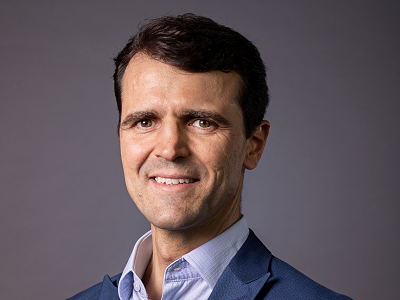Governments in developing countries have increasingly turned to the private sector and market instruments to enhance the efficiency and quality of health-care provision and the pandemic has accelerated this dynamic. Moreover, in response to the pandemic, new investment incentives to promote telemedicine and e-health applications, as well as incentives for the manufacturing of medical equipment have been introduced. The pandemic has also highlighted vulnerabilities in global supply chains and in productive capabilities in health, which has prompted governments to consider solutions for post-pandemic recovery and resilience.
Innovators in Latin America are now taking advantage of the technology gap between the United States and their own countries. Healthtech has become one of the fastest growing technology sectors in the region, with artificial intelligence, telemedicine and data analytics transforming health care, from managing health-care costs to improving patient diagnoses. Unsurprisingly, private capital investment in start-ups has increased.
The objective of this session is to discuss the role of entrepreneurship and micro-, small and medium-sized enterprises (MSMEs) in the development of the health sector in Latin America. Experts will share practical experiences and insights on challenges and opportunities MSMEs face in the health sector, including in responding to the current pandemic crisis. They will also debate on policy reforms needed to enhance the role of entrepreneurship in that sector to advance the SDG agenda.
Issues to be addressed
- To what extent do MSMEs participate in health-care services and manufacturing of medical products and equipment?
- What is the role of venture capital/private equity in supporting medical start-ups and medtech development in each region?
- How can governmental institutions and policy support the participation of start-ups and MSMEs in health care?






